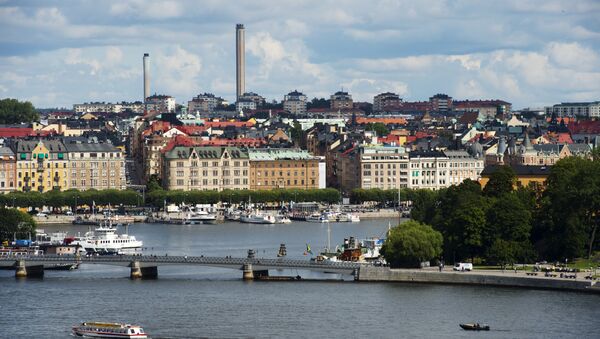Recently, Swedish national broadcaster SVT has gained access to internal material from the country's Employment Service that shows that over 4,000 people reportedly have both the qualifications and the training needed in industries that are crying out for workers. Instead, employers are forced to turn overseas to recruit personnel.
"We are forced to chase workforce across Europe. We have employed more than 20 Romanians, Jörgen Westh, marketing manager at Neoplan told SVT.
This grim situation left Swedish Enterprise raging, as employers blame the Employment Service's gaps in competence and efficiency when it comes to matching job applicants with available jobs.
"Soon we'll have as many job advisers as there are police officers on our streets and squares. They have a budget of 90 billion kroner [roughly 11 billion USD], which is on par with Malta's GDP. There is no evident lack of resources, I believe that there is a significant potential of improvement in the efficiency of the employment services to address the existing recruitment problems," Edward Hamilton, an expert at Swedish Enterprise, told SVT.
"I think we can actually handle it quite well. The large matching problems prevailing on the Swedish labor market are well outside our capability. Employers tend to desire other competence than just the specific professional skills. Besides being a good team worker, one needs to have analytical abilities and sometimes show initiative," Clas Olsson, Acting Director General of the Employment Service, said in an explanation for the fact that over 4,000 people were never considered for jobs.
"We cannot force an employer to hire someone. We can to a certain extent stimulate an applicant to look for a job, but it is not enough for employment, Olsson summed up.
Whereas Sweden, a nation of 9.6 million, took in a staggering 163,000 asylum-seekers when last year's migrant crisis was at its height, only 494 of them managed to secure a job, Swedish media reported earlier this year. The onslaught of migrants made it impossible to find or create a matching number of vacancies, as the country's competent bodies had to prioritize other tasks in order to register and provide for all the newcomers.
In December, Sweden's employment agency made the grim prediction that up to 60 percent of the unemployed living in Sweden will be foreign-born by 2017. At the same time, Prime Minister Stefan Löfven previously claimed to achieve the goal of Sweden having the lowest unemployment rate in the EU by 2020, a task which has proven increasingly hard to perform.






